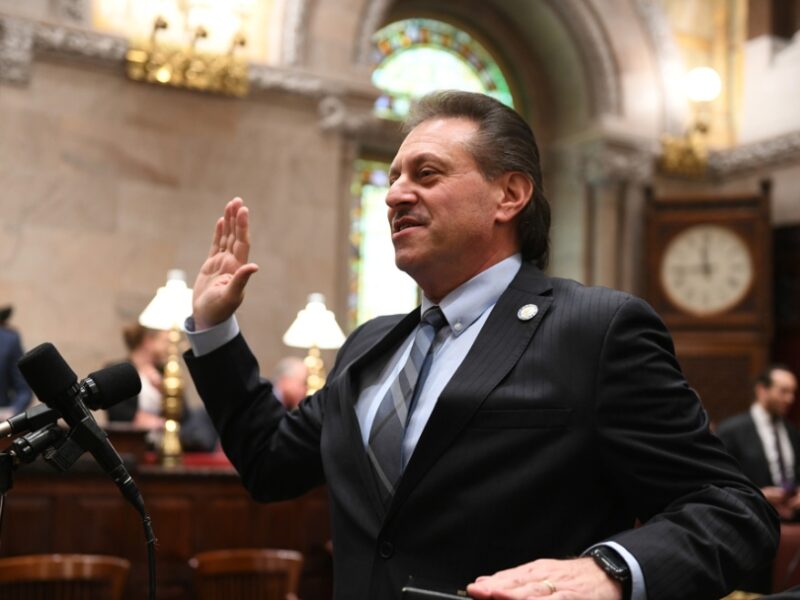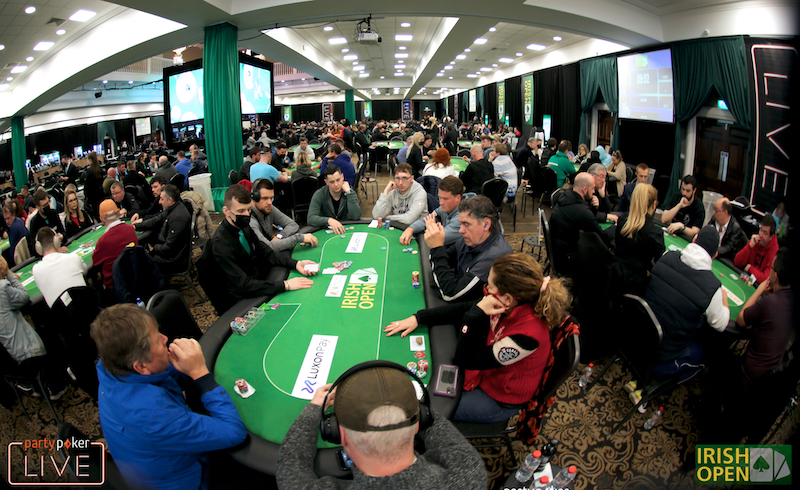
Pennsylvania’s committee hearing on Thursday was perhaps everything that last month’s RAWA hearing in Washington DC should have been: an opportunity for industry analysts and tech experts to offer a clearer picture of the economic potential and technological safeguards of regulated igaming.
The House Gaming Oversight Committee met to discuss Representative John Payne’s bill B649, which seeks to establish a regulatory framework for online poker and casino gaming.
It also provided an opportunity for committee members to grill Andy Abboud, a senior executive for LVS, who traditionally acts as Sheldon Adelson’s mouthpiece at committee hearings.
As well as arguing the stance against regulation, Abboud was also in town to represent the interests of the LVS-owned Sands Bethlehem, Pennsylvania’s second biggest land-based casino.
Abboud trotted out the familiar arguments against online gaming, focusing in particular on the “threat to minors,” asserting that “the largest and most successful internet companies have had tremendous difficulty restricting child access to their websites.”
Abboud Ignores Davis
This was too good an opportunity to pass up for Representative Tina Davis, herself a primary sponsor of one of Pennsylvania’s three online gaming bills.
Davis asked Abboud about recent fines imposed on the Sands Bethlehem by the Pennsylvania Gaming Control Board. Abboud declined to answer the question, but if he had answered he might have mentioned that the Sands has been fined every year for the past five years for allowing teenagers to drinks and gamble on its premises.
And then Davis might have countered that there has not been a single reported case of underage gambling occurring on the regulated gambling sites across the border in New Jersey.
The Adelson camp has often expressed its skepticism about the effectiveness of geolocation technology.
When Abboud was questioned about why Venetian offers mobile gaming and betting but opposes online, he was forced to admit that the company had the technology to keep it within the casino.
Geolocation Demo
This set the stage nicely for Lindsay Slater from GeoComply, who offered a real-time demonstration of her company’s geolocation software.
She showed the accuracy of the system by zooming in on a New Jersey coffee shop, detecting that two online gamblers playing inside, at opposite ends of the coffee shop.
“We have it pretty much down to a building level,” Slater said. “You can see what part of Starbucks you logged in from and, yes, we also know what you did last summer.”
Following the debate, the Poker Players’ Alliance issued an eight-page document which debunks 18 assertions made by Abboud during his testimony. It can be found here: PPA Rebuttal to Abboud testimony.
Whether the state opts to regulate this year or not, this was just the kind of hearing that the pro online gambling lobby needed, and a further indication that Pennsylvania has superseded California as the state most likely to regulate next.


